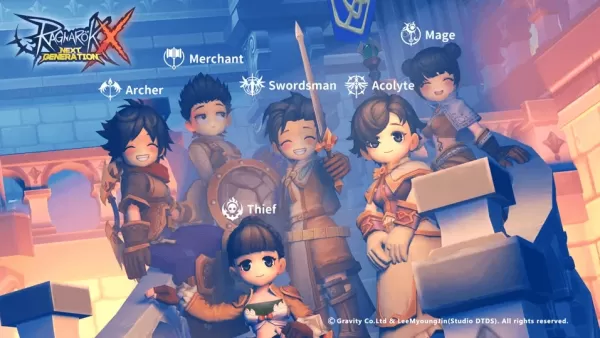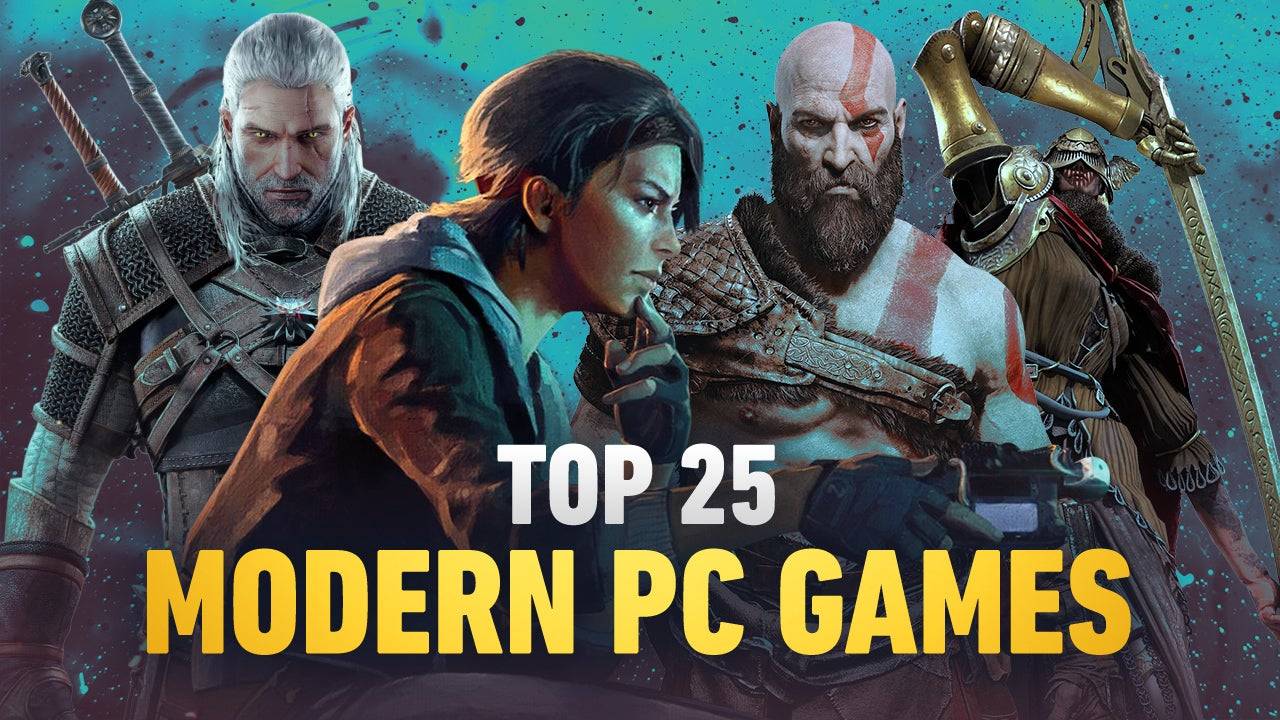ESA on Trump Tariffs: 'More Than Just Switch 2'
The past 48 hours have been a whirlwind for those tracking economic news, and even more so for Nintendo enthusiasts. On Wednesday, the gaming giant revealed that the Nintendo Switch 2 would be priced at $450 in the U.S., a steep figure attributed by analysts to anticipated tariffs, inflation, competition, and the costs of components.
The situation escalated rapidly when, on the following night, the Trump Administration unveiled expansive 10% tariffs on nearly all countries, with significantly higher tariffs imposed on nations like China, the EU, Japan, Vietnam, Canada, Mexico, and others. In a swift response, China announced a 34% retaliatory tariff on all U.S. goods this morning. Amidst this turmoil, Nintendo made the unexpected decision to postpone pre-orders for the Nintendo Switch 2 in the U.S., as it assesses the impact of these tariffs on its console strategy.
This unprecedented series of events has left analysts, experts, and the public grappling to understand its implications. Just 30 minutes before Nintendo's announcement, I had a conversation with Aubrey Quinn, a spokesperson for the Entertainment Software Association (ESA), to delve into the potential effects of these tariffs on the gaming industry at large.
The ESA, like many, is still navigating the uncertain waters stirred by these developments. Quinn shared that while they anticipated some form of tariffs due to previous actions and campaign rhetoric from Trump, the specifics and the subsequent retaliations from countries like China were still unfolding. The ESA is cautiously monitoring the situation, expecting more tariffs and levies from the U.S. in the future.
Despite the uncertainty, Quinn was clear about the potential negative impact on the video game industry: “We really are, at this point, just watching and trying not to have knee-jerk reactions, because we don't think that what President Trump announced this week is the end of the story, but what was announced this week and the tariffs as outlined, we do expect these tariffs will have a real and detrimental impact on the industry and the hundreds of millions of Americans who love to play games,” she stated. The ESA aims to collaborate with the administration and elected officials to find solutions that protect U.S. industries, businesses, and gamers.
Quinn highlighted that the tariffs would likely affect more than just console pricing; they would influence consumer spending, company profits, job security, research and development investments, and even the design of future consoles. "The entire consumer ecosystem is connected," she emphasized.
In response, the ESA has been proactive, though Quinn admitted the challenge in starting anew with a largely new Trump administration. The ESA has joined a coalition of trade associations to voice concerns to U.S. Trade Representative Jamieson Greer and is seeking meetings with legislators and administration members to discuss the broader implications.
When asked about the effectiveness of these efforts, Quinn confirmed ongoing dialogues with various levels of government, including the White House and the USTR. She stressed that the issue transcends the video game industry, potentially affecting all consumer products.
For concerned consumers, Quinn suggested reaching out to their representatives through letters, calls, emails, or social media to express their concerns, emphasizing that collective voices could influence policy decisions.
Nintendo's decision to delay Nintendo Switch 2 pre-orders came shortly after our discussion. While the ESA refrains from commenting on individual company decisions, Quinn pointed out the coincidental timing of the Switch 2 reveal and Trump's tariff announcement. She underscored that the impact would be industry-wide, affecting all gaming devices from consoles to VR headsets and smartphones, and that it would affect American companies reliant on global supply chains.





























